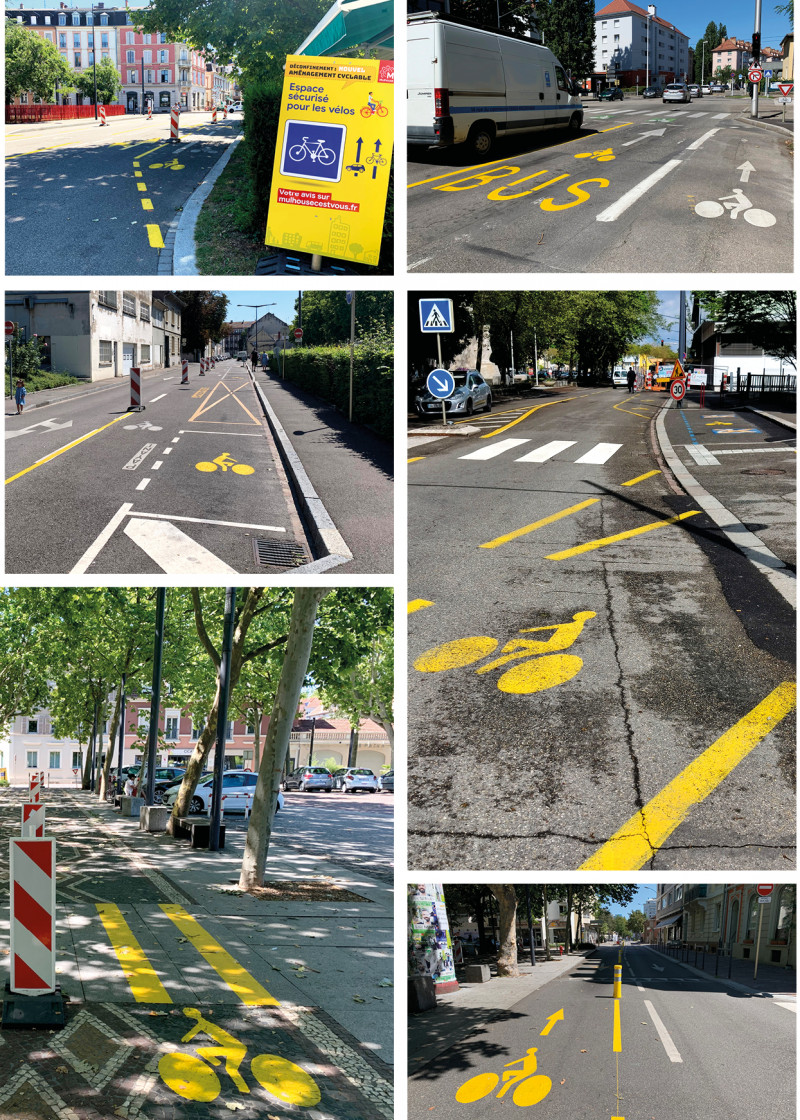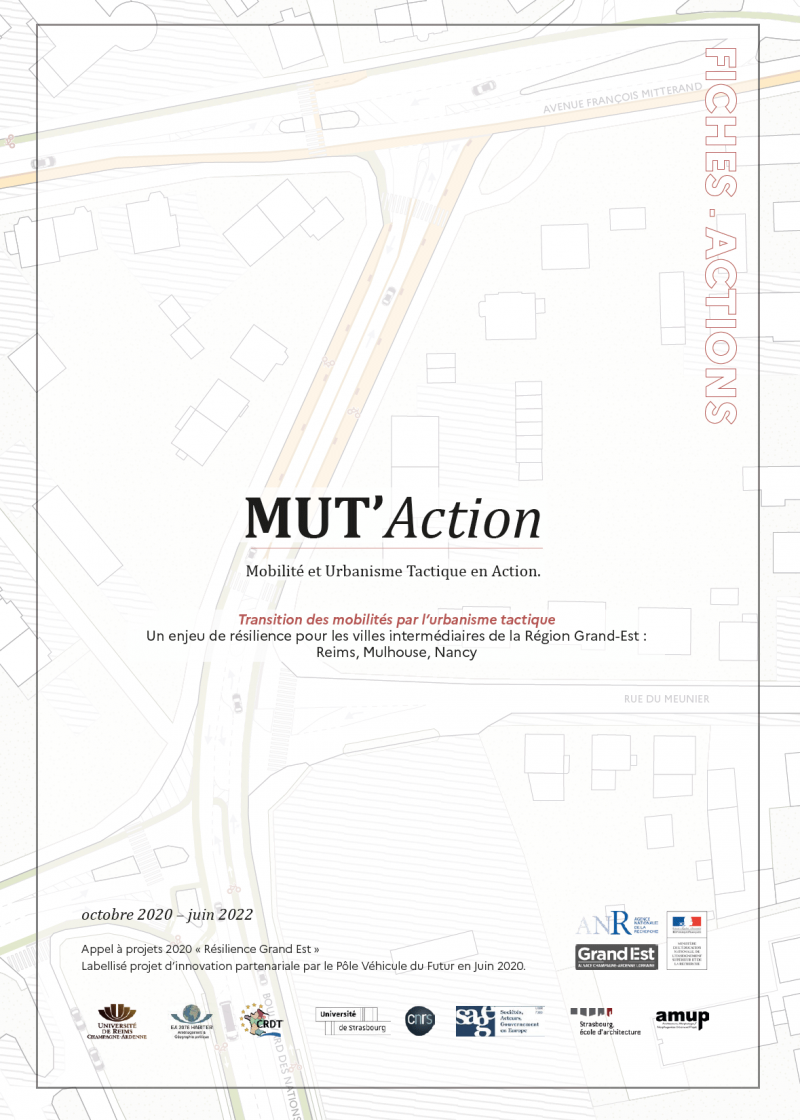Temporary Urbanism or Tactical Urbanism in Covid context within an Intermediate City
This paper deals with the role of Covid developments within the urban fabric, focusing on the “tactical” dimension of this crisis urbanism, which is here analysed from the perspective of its enunciations, spatialities, actors and practices. The urban area of Mulhouse in France, particularly affected by Covid-19 during the first lockdown in 2020, is chosen as an exemplary field. Three questions are unfolded: (i) What words and project-based layouts are used by actors, decision-makers and city professionals to describe the issue; (ii) What scales appear to be at play, both in terms of temporalities and interacting actors; and (iii) What characteristics are present in situ in the temporary development practices observed? Transversally, this paper asks to what extent the experience of pandemic urbanism can serve to catalyse, or not, a long-term change in the urban fabric.





